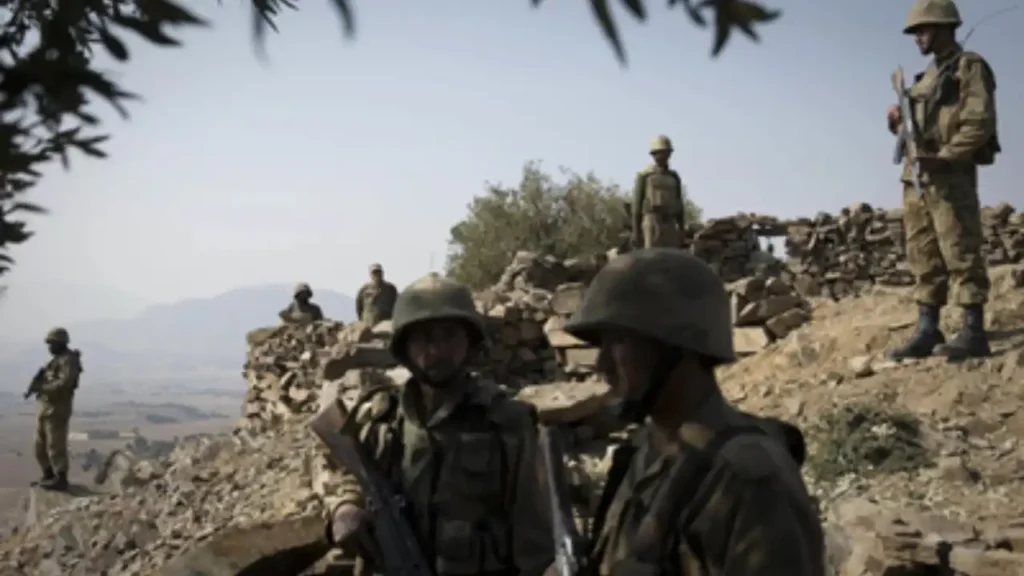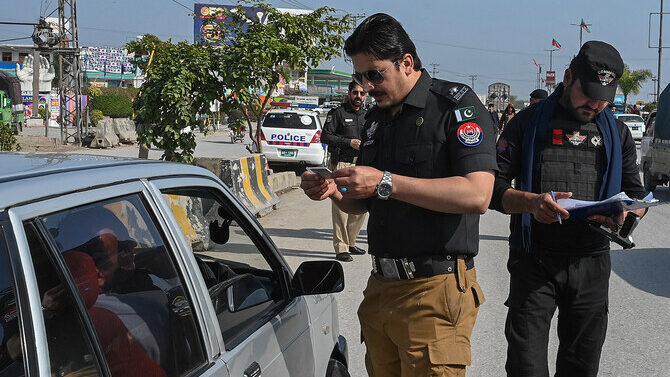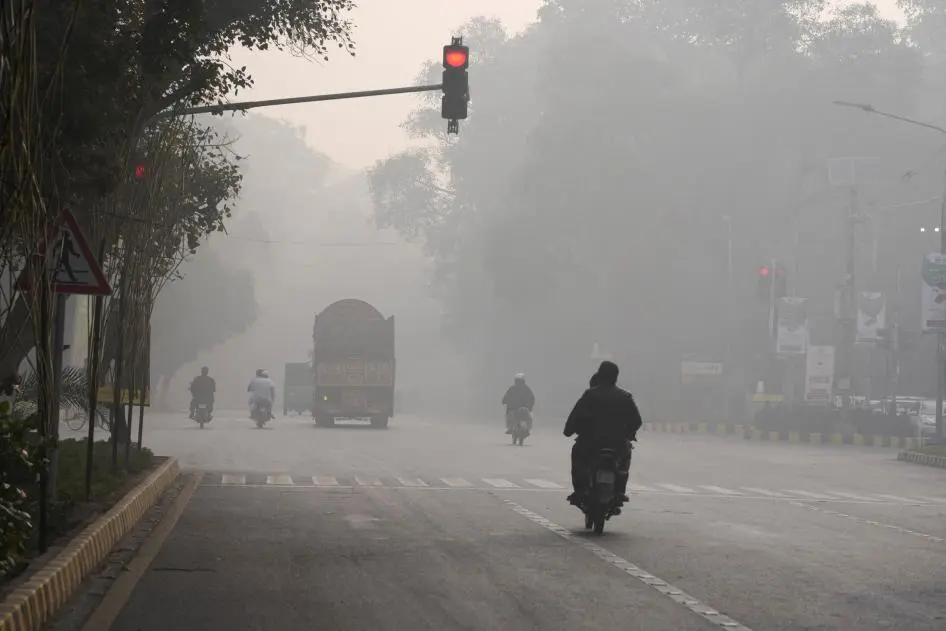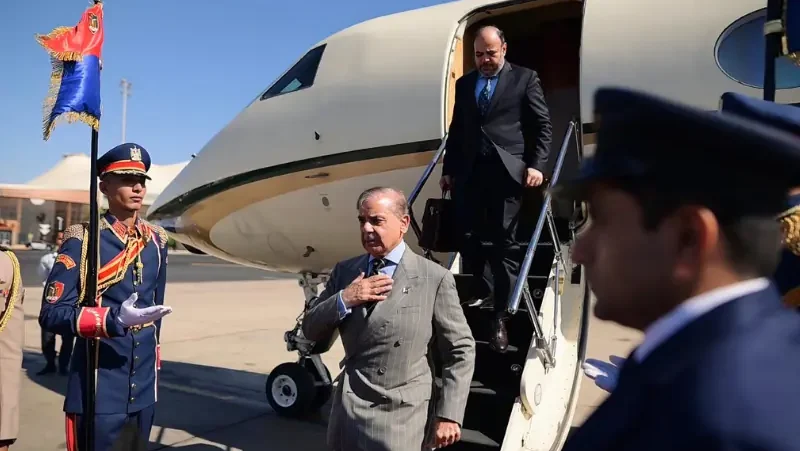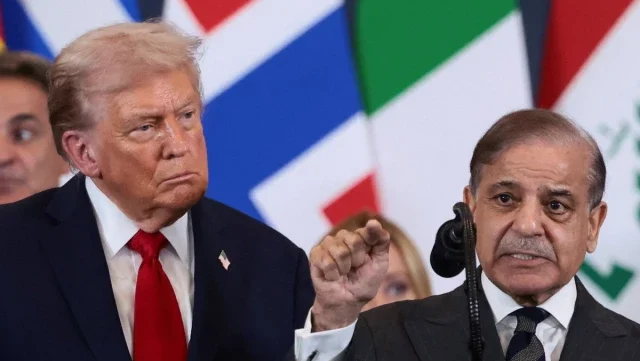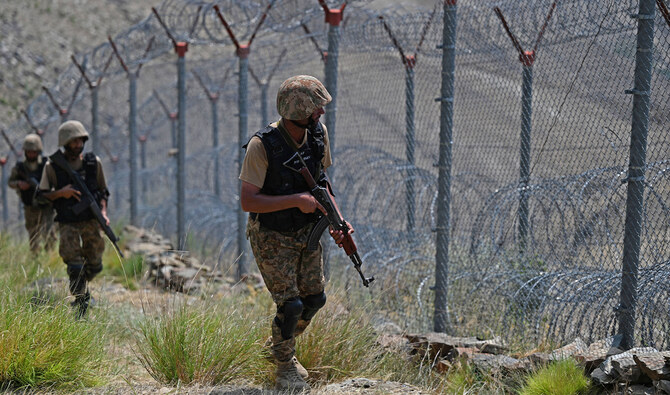A recent Telegram post by the Umari Media channel, affiliated with the TTP, made several claims regarding the ongoing counter-terrorism operation in Bajaur, Khyber Pakhtunkhwa. Each of these claims is worth looking at and answering in detail.
Claim 1: Operation Sarbakaf displaced thousands, forcing locals into forming anti-TTP committees.
The TTP claims that the operation has forcibly displaced thousands and forcing people who do not obey evacuation orders into local committees. While a large number have been moved to camps, the TTP claim falls flat on two accounts.
Firstly, it is important to understand that the evacuations were made in a limited area in Mamund, and not the entire district. Markets and life are moving along regular patterns in the rest of the district.
Secondly, the insinuation that people who do not agree to leave are being forced on state-sponsored committees is demonstrably false. The committees in Bajaur are not a product of the evacuations but of the presence of terrorism in the area and have been in existence since before the latest operation.
Local sources confirm that state-backed committees, while once a reality, have ceased to exist since 2016.
Furthermore, ‘forcing’ someone on a committee is hardly a need in an area stricken by terrorism. TTP itself negotiated a ceasefire with the local jirga. If the locals are considered to be ‘forced’, why negotiate at all?
Claim 2: The army used civilians as human shields.
This claim is a serious allegation requiring strong evidence, which of course is not provided in the Taliban statement. The statement from TTP seems to be simply a mirrored reply of concerns raised by security forces and jirga members, who have highlighted that the militants were hiding in civilian areas since the operation began. In fact, one of the key demands of the jirga that negotiated with the TTP was that militants must stop putting civilians at risk by staying in densely populated areas.
Claim 3: TTP avoids fighting in civilian areas, while state forces commit war crimes
Needless to say, the local elders would not be negotiating with the militants if they were the ones avoiding civilian casualties. The TTP not only actively held negotiations but also routinely sought ceasefire extensions to consult with higher leadership.
The local jirga held seven rounds of negotiations with the TTP after the Bajaur operation began, one of their key demands was that TTP should fight in the open instead of hiding in civilian areas. The talks eventually broke down, meaning that this was among the demands unacceptable to the TTP.
Claim 4: TTP are indigenous protectors, while the Pakistani military are foreign mercenaries.
This is a clear attempt to frame the conflict in inflammatory and nationalist terms. It was widely reported that jirga negotiators specifically demanded that fighters must ‘go back to where they came from’. Pakistan has maintained that TTP fighters have found sanctuary in Afghanistan and routinely try to infiltrate Pakistan territory to launch attack. Several TTP tashkeels (fighting units) have been eliminated in border areas, such as one in Balochistan’s Zhob district. Several Afghan citizens have also been killed with these fighting units in Pakistan, such as an incident in February when a son of an Afghan deputy governor was killed in an operation in DI Khan. Needless to say, ‘indigenous protectors’ should be a title reserved for tribal elders who are trying to achieve peace.
As for the claim of foreign mercenaries, a UNSC report has confirmed that Afghan Taliban gave a monthly payment of 3 million Afghanis (around $43,000) to TTP’s chief. With money and presence outside Pakistan, who really is the foreign mercenary.
Claim 5: Blaming TTP for civilian casualties is state propaganda
This claim contrasts with TTP’s claims above of moving people out of harm’s way for the operation. If the operation went on with disregard for human life, no evacuations would be needed.
By its own account, the TTP has claimed 360 attacks in the month of July 2025 alone. Several of these attacks targeted civilians, including drone strikes. In Bajaur, terrorist attacks have claimed the life an assistant commissioner and political leader Maulana Khanzeb. No propaganda is needed to put blames on TTP when it publishes a charge-sheet itself.

